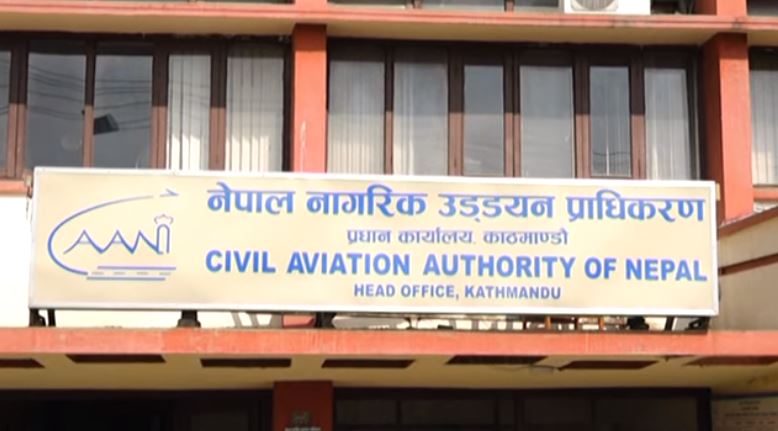Kathmandu: The government has introduced the Air Service Authority of Nepal (ASAN) Bill, which seeks to designate key responsibilities, previously held by the Civil Aviation Authority of Nepal (CAAN), to a newly established aviation authority. The proposed changes aim to streamline operations, enhance safety, and modernize Nepal’s air services.
Under the ASAN Bill, the new authority will be responsible for airport funding, leveling, maintenance, and management. Additionally, it will oversee the approval and issuance of flight permits, aeronautical maneuvers, air traffic services, aviation information systems, and the provision of weather information for flights.
The move to split CAAN into two separate entities—a regulatory body and a service provider—gained momentum following two air accidents last July. Political leaders had been pushing for the structural overhaul to improve aviation safety and operational efficiency.
Tourism Minister Pandey, speaking to journalists after registering the bill, emphasized that the initiative aims to establish modern, efficient, and internationally standardized airports while ensuring a safe and reliable air navigation system in Nepal.
The bill designates the Secretary of the Ministry of Tourism as the chairman of the ASAN Steering Committee, while the CAAN Bill appoints the Minister for Tourism as the chairman of CAAN. The current practice of having a Director General as the executive head of CAAN will continue, with the bill granting the government authority to appoint either a joint secretary of the ministry or a senior CAAN official to the role.
Meanwhile, ASAN will be led by a Managing Director, appointed through an open competition process. A three-member recommendation committee, chaired by the Secretary of the Ministry of Tourism, will shortlist candidates, with the final decision resting with the government. The Managing Director must have at least 15 years of work experience, including a minimum of five years in a managerial civil aviation role, and hold a postgraduate degree.
The bills stipulate a four-year term for members of both the ASAN and CAAN boards. However, the government retains the authority to dismiss the Director General of CAAN and the Managing Director of ASAN at any time based on performance reviews, failure to meet job requirements, or misconduct.
The introduction of these bills marks a significant step in the government’s efforts to reform Nepal’s aviation sector, ensuring enhanced operational efficiency and safety measures in air services.
